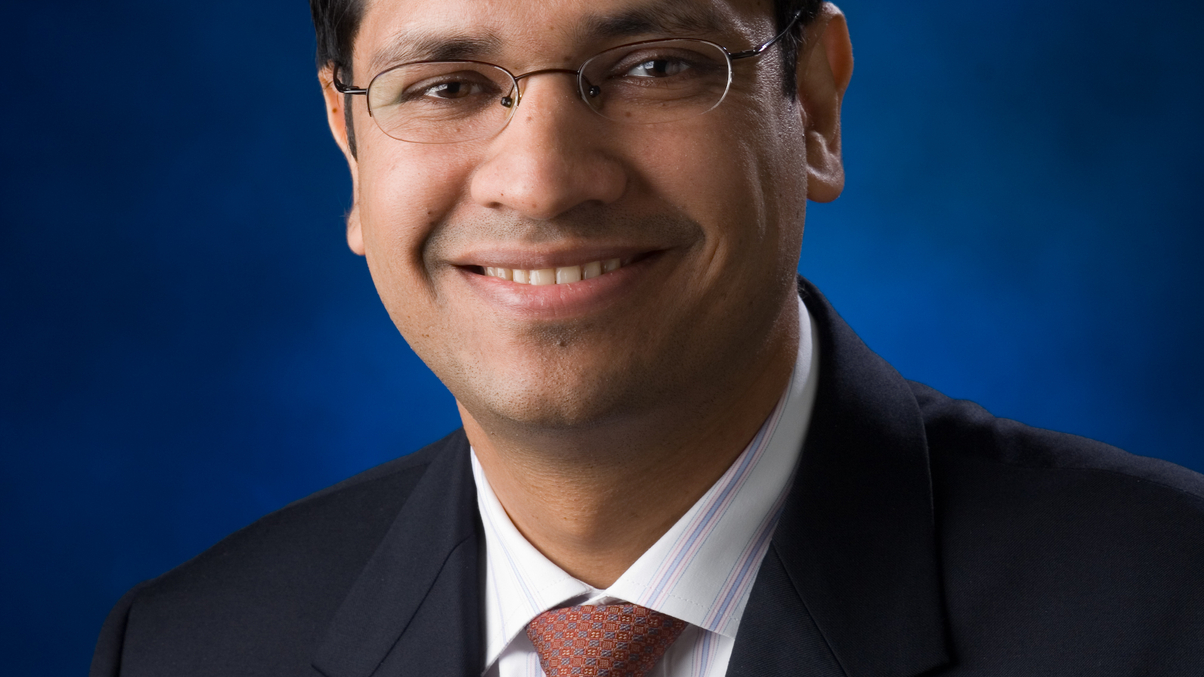Basel III spells opportunity for buy-side
New restrictions imposed on banks will create investment opportunities for the likes of pension funds and private banks, says Anurag Mahesh of Deutsche Bank Private Wealth Management.

Constraints on financial industry “smart money” under Basel III will create opportunities in illiquid assets for buy-side investors, says Anurag Mahesh of Deutsche Bank Private Wealth Management.
Sign in to read on!
Registered users get 2 free articles in 30 days.
Subscribers have full unlimited access to AsianInvestor
Not signed up? New users get 2 free articles per month, plus a 7-day unlimited free trial.
¬ Haymarket Media Limited. All rights reserved.


